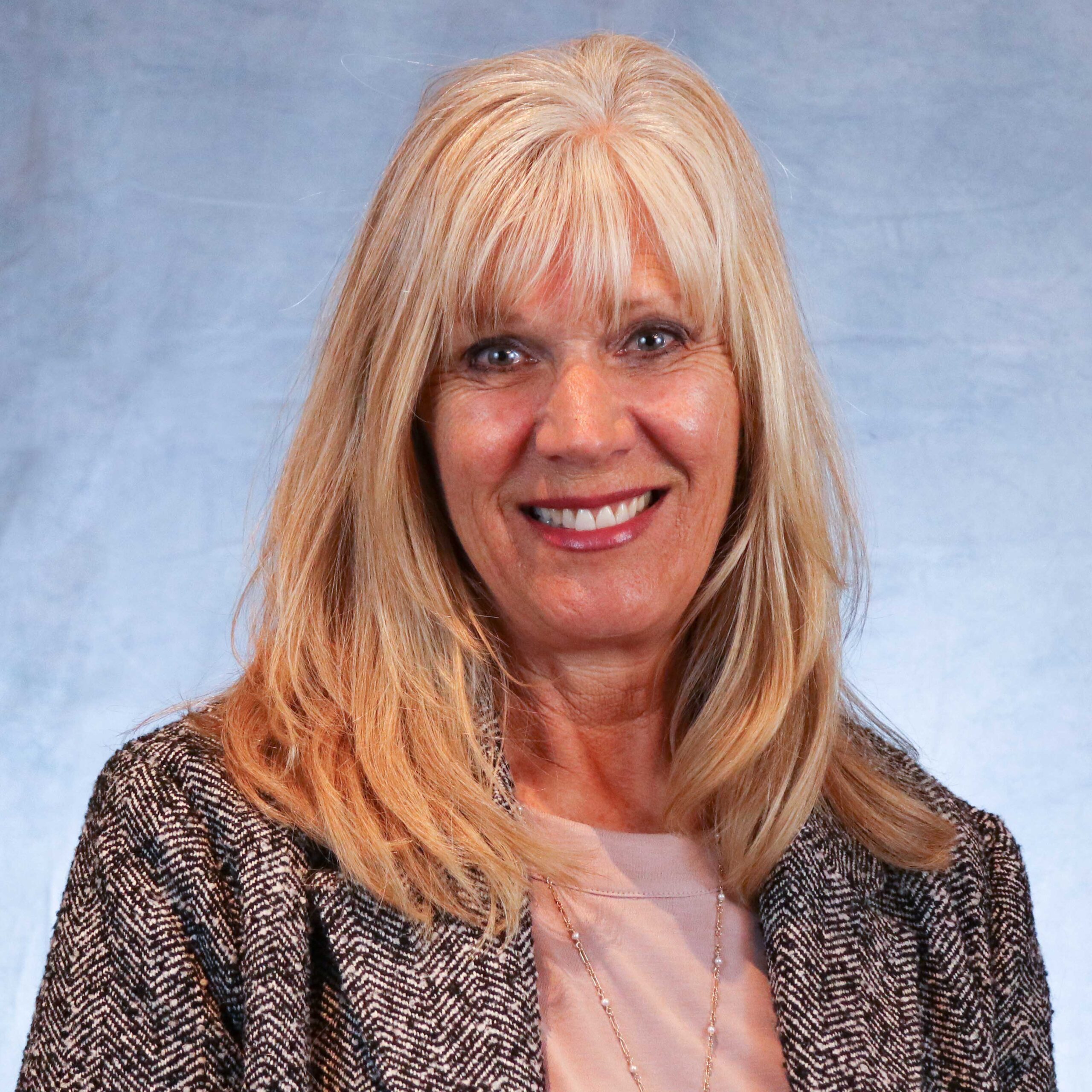
Deb Walkemeyer
Deb Walkemeyer, D.Min., is co-strategic catalyst for multiplication on the Free Methodist Church USA Executive Leadership Team along with her husband, Larry, to encourage the multiplication of disciples, leaders, and churches nationally. She previously served as co-lead pastor of Light & Life Christian Fellowship in Long Beach, California. She is a licensed marriage and family therapist. She is also a recognized master gardener who pioneered the Compton Community Garden, which has received national acclaim as a model of urban transformation and ministry impact.
By Deb Walkemeyer
I hate making that “first cut.” As a master gardener, I know pruning is good for the health of the plant, but the post-pruning effects make me wonder at first. My heart says, “Don’t do it,” while my head says, “You have to make the cut.” In the same way, it is vital to prune our plants for greater fruitfulness, and essential for us as His disciples too!
On the night before the cross, Jesus was leaving His friends with the most vital lessons for their spiritual lives. What metaphor does He use? A grapevine and a gardener. He says, ‘‘I am the true vine, and my Father is the gardener. He cuts off every branch in me that bears no fruit, while every branch that does bear fruit he prunes so that it will be even more fruitful. You are already clean because of the word I have spoken to you. Remain in me, as I also remain in you. No branch can bear fruit by itself; it must remain in the vine. Neither can you bear fruit unless you remain in me’” (John 15:1–4).
Remain (or abide) in the Greek is a verb meaning to continue, dwell, or stay in a given place. Eleven times in the first ten verses of John 15, Jesus uses this word. The emphasis He is making is obvious, but by using an agricultural metaphor, we get a deeper understanding as to what we need for a vibrant, flourishing prayer life as Christ’s followers. The branches of the grapevine produce fruit; that is their job. The trunk of that vine supplies all the nutrients, water, and essential minerals (basically, the life source) to the branches so they can survive, thrive, and bear fruit.
_
“Pruning takes your prayer life to the next level.”
_
This metaphor gets even richer because “fruiting” happens on newer growth — that which grows out of a pruned branch. Over time, an unpruned vine gets less fruitful; plus, the quality and quantity of the grapes diminish. If you want more and better grapes, you have to make the necessary cuts season after season!
Pruning and Prayer
One area in our life that needs regular pruning is our prayer life. It’s easy over time for your prayer life to become overgrown, distracted, stagnant, routine, less productive. Pruning takes your prayer life to the next level.
My name, Deb, means “bee,” as in “busy like a bee,” and that describes my life. In that busyness, the urgent often captures my attention as I choose the “Martha lifestyle” — being distracted about many things. The overgrowth negatively impacts my prayer life. True communion with the Lord eludes me, evidenced by a bunch of scattered prayers when someone or a situation comes to mind. Like unpruned branches they are “here, there, and everywhere” prayers. Sadly, like Martha, I have missed the pruning Mary enjoyed as she sat at the feet of Jesus.
Can you honestly say that your prayer life exemplifies increasing fruitfulness? Or are your grapes getting fewer and smaller? I want to encourage you to allow the Lord to show you what needs to be pruned from your life and start making some cuts.
Over my five decades of walking with God, I have learned how I spend my time impacts my prayer life. When I say yes to something, it requires me to say no to something else because I can’t do it all. Unfortunately, when I don’t pay attention to this fact, my days become overfilled with stuff, and it’s basically all good stuff. It’s fruit, but it’s headed to overgrowth. At that point, I need to make some cuts. It means making sacrifices, cutting something out. Maybe it is saying no to an invitation, or giving up a little sleep, so I can have my focused time with Jesus. It means asking Him — Jesus, master gardener — what needs to be pruned in my life? Warning: If you ask Him to show you, He will, so be ready to take action!
One of my most nourishing forms of “abiding” happens as I carry on an ongoing conversation with the Lord while carrying out ordinary activities that don’t require my full mental attention: driving on the freeway, folding the laundry, mowing the grass, etc. These have become sweet times of sharing my heart, thoughts, concerns, and joys. I listen for His voice and ask Him who needs prayer, who needs a call, or a note of love.
_
“It’s easy for these times to become overgrown with unproductive thoughts…”
_
However, it’s easy for these times to become overgrown with unproductive thoughts, busyness in the brain, wandering imagination, worries about this or that. These can crowd out the free flow of God’s Spirit. They need to be pruned.
The Discipline of Fasting
Lastly, a wonderful, healthy pruning process is fasting — occasional, regular, or ongoing. This spiritual discipline is a powerful removal of good or neutral things so that the flow of spiritual life can increase in the “branch” of my life. Forty-five years ago, Larry and I decided we would fast TV. Being TV-free has provided more time for prayer in our lives. Ask the Lord often, “What would you have me to fast so that I can bear more fruit?”
In John 15, Jesus made a promise and gave a commission. The promise is that if we abide in Him, we will bear much fruit (15:5). The commission is “I chose you and appointed you so that you might go and bear fruit — fruit that will last” (15:16). As we abide in Him and submit to His pruning, we will produce the fruit of the Spirit that draws lost people to Him. So, go ahead, make the cut. +

Deb Walkemeyer
Deb Walkemeyer, D.Min., is co-strategic catalyst for multiplication on the Free Methodist Church USA Executive Leadership Team along with her husband, Larry, to encourage the multiplication of disciples, leaders, and churches nationally. She previously served as co-lead pastor of Light & Life Christian Fellowship in Long Beach, California. She is a licensed marriage and family therapist. She is also a recognized master gardener who pioneered the Compton Community Garden, which has received national acclaim as a model of urban transformation and ministry impact.









